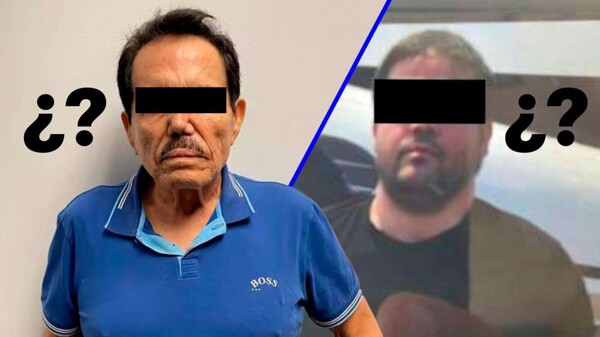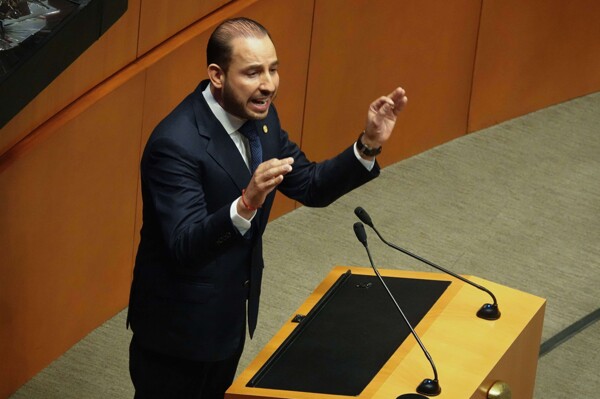
Recently, it was reported that the Mexican Mafia breached the systems of the State Police of Oaxaca, managing to steal 2.9 million records of detainees, as well as information from officer credentials. Furthermore, they accessed more than 30 terabytes of confidential data from the Superior Court of Oaxaca, once again revealing the vulnerability of certain agencies to cyberattacks.
In his publication, Pancho Villa, a member of the Mexican Mafia, expressed having total control over the court servers, indicating that among the compromised data are recordings from surveillance cameras of trials. These images show individuals displaying their INE credentials, exposing personal information such as names and addresses, which represents a serious violation of the privacy of hundreds of citizens.
Although the attacker told Publimetro Mexico that their goal is to pressure the government in support of indigenous communities and not to gain economic benefits, they requested cooperation to manage the enormous amount of stolen data and revealed the estimated cost to store it in the cloud. Publimetro Mexico was able to verify the authenticity of the leak by reviewing a folder with up to 15 TB of data that contained real videos and photos.
Cybersecurity expert Nicolás Azuara confirmed the severity of the situation, highlighting that they accessed the webcams, which endangers both the affected individuals and the integrity of the judicial systems in Mexico. The leak includes everything from criminal cases to family matters, exposing those involved to serious risks.
The Mexican Mafia, a group that has carried out other notorious attacks in Mexico, has raised concerns due to its history of high-profile cyberattacks. Pancho Villa and other hackers from the group have emphasized that their actions are a protest against the government and its alleged neglect towards indigenous communities. The magnitude of the compromised data, dating back to 2007, raises serious questions about the cybersecurity of justice institutions in the country and their ability to protect confidential information.














